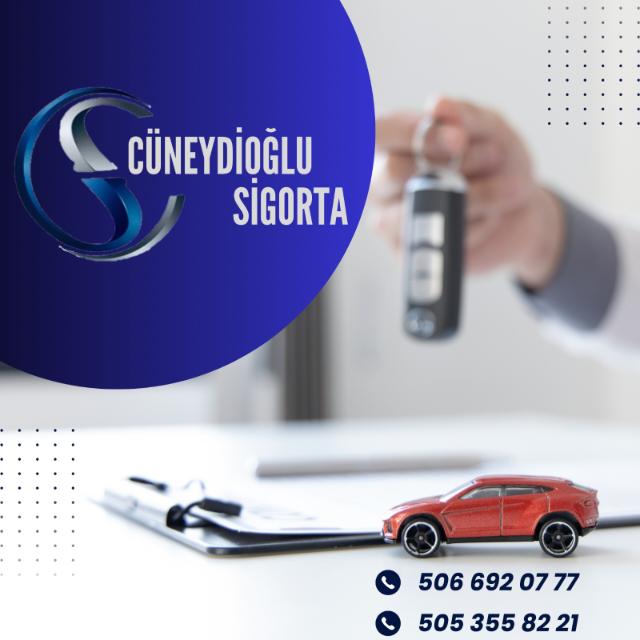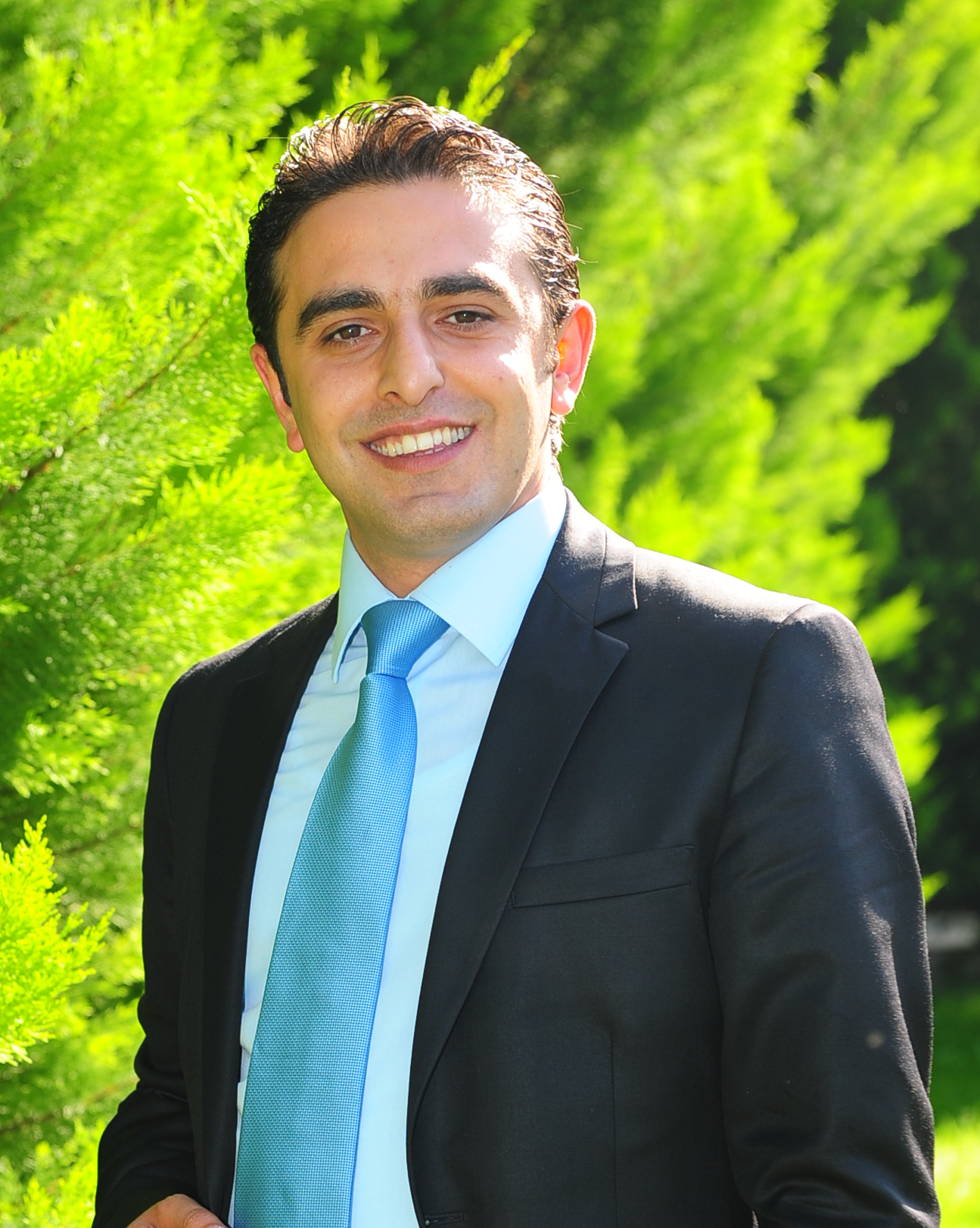Sustainable Development in Afyonkarahisar: Balancing Agriculture, Industry, and Tourism
**Sustainable Development in Afyonkarahisar: Balancing Agriculture, Industry, and Tourism**
Afyonkarahisar, often referred to simply as Afyon, is a city nestled in the heart of Turkey’s Aegean Region. Known for its rich history, diverse natural landscapes, and vibrant local economy, Afyon faces the unique challenge of fostering sustainable development. The city’s strategic position makes it an ideal hub for agriculture, industry, and tourism—each vital to its growth. However, balancing these sectors to promote long-term sustainability requires thoughtful planning and innovative approaches. This article explores how Afyonkarahisar is striving to harmonize these sectors for a sustainable future.
**The Importance of Agriculture in Afyonkarahisar**
Agriculture has historically been the backbone of Afyonkarahisar’s economy. The region’s fertile plains and favorable climate support the cultivation of various crops such as wheat, barley, sugar beets, and potatoes. Additionally, Afyon is renowned for its high-quality dairy products, especially its renowned milk and cheese varieties. The local agricultural practices have been rooted in tradition, emphasizing sustainable methods that preserve soil health and biodiversity.
However, rapid urbanization, water resource management challenges, and climate change pose threats to traditional farming practices. To ensure the sustainability of agriculture, the city is increasingly adopting modern techniques like precision farming and integrated pest management. These methods aim to increase productivity while minimizing environmental impact. Moreover, initiatives promoting organic farming and local food markets help preserve the region’s agricultural heritage and reduce reliance on chemical inputs.
**Industrial Growth and Its Environmental Impact**
Afyonkarahisar’s industrial sector has seen significant growth, particularly in food processing, cement production, and manufacturing of machinery and textiles. These industries contribute substantially to the local economy and employment, making industrial development a key focus for regional growth. The city’s strategic location also facilitates trade and transportation, further bolstering industrial activities.
Nonetheless, industrial expansion must be managed carefully to prevent environmental degradation. Air and water pollution, waste management issues, and excessive energy consumption are concerns that accompany industrial growth. To address these, local authorities are encouraging industries to adopt cleaner production technologies and comply with environmental standards. Efforts are also underway to promote recycling, waste reduction, and energy efficiency within industrial facilities. Investing in green technology not only minimizes environmental impact but also positions Afyon as a forward-thinking industrial hub.
**Tourism: A Catalyst for Sustainable Development**
Tourism is a vital sector for Afyonkarahisar, thanks to its rich history, natural hot springs, and cultural heritage sites. Attractions such as Afyon Castle, the Thermal Springs, and historic mosques draw visitors from across Turkey and beyond. The city’s unique cuisine and traditional handicrafts further enhance its appeal as a tourist destination.
Sustainable tourism development focuses on preserving the city’s natural and cultural assets while providing economic benefits to local communities. Initiatives include eco-friendly accommodations, responsible tour operations, and community-based tourism projects that engage residents in preserving their heritage. By promoting eco-tourism and cultural tourism, Afyon can attract visitors without overburdening its environment or infrastructure. This approach ensures that tourism contributes to local livelihoods while maintaining the authenticity and integrity of Afyon’s cultural landscape.
**Integrating Sectors for a Sustainable Future**
The true challenge—and opportunity—lies in integrating agriculture, industry, and tourism into a cohesive sustainable development strategy. Afyonkarahisar is exploring various ways to achieve this balance. For instance, promoting agrotourism allows visitors to experience local farming practices firsthand, supporting both tourism and agriculture. Additionally, industries that produce local products can be marketed as part of tourism campaigns, creating a circular economy that benefits multiple sectors.
Furthermore, sustainable urban planning plays a crucial role. Developing green spaces, improving public transportation, and implementing renewable energy solutions help reduce the city’s carbon footprint. Education and awareness programs are also essential, encouraging residents and businesses to adopt sustainable practices.
**Conclusion**
Afyonkarahisar’s journey toward sustainable development exemplifies the importance of balancing economic growth with environmental and cultural preservation. By innovating within agriculture, adopting cleaner industrial practices, and promoting responsible tourism, the city is working toward a future where development does not come at the expense of its natural and cultural wealth. The success of Afyon’s approach can serve as a model for other regions seeking harmony between economic progress and sustainability, ensuring that future generations can enjoy the city’s rich heritage and natural beauty for years to come.





